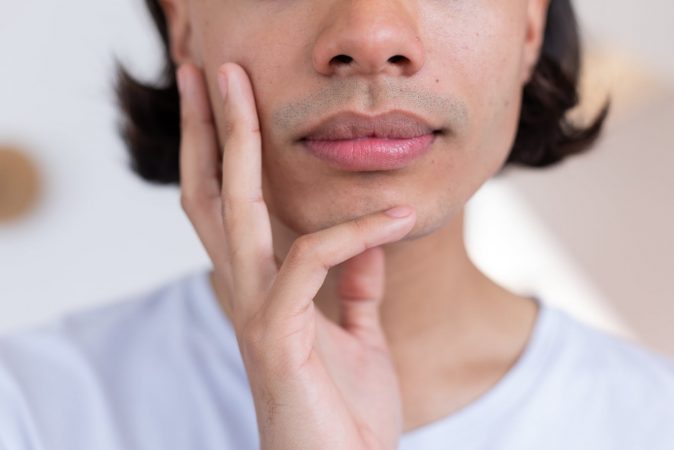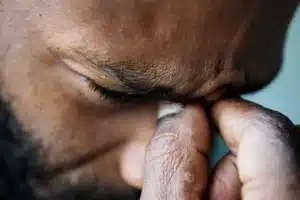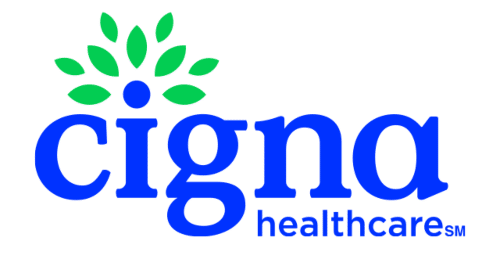What is Cocaine Jaw?
Cocaine jaw, clinically known as bruxism, involves the involuntary, repetitive clenching and grinding of the jaw. This condition is prevalent among cocaine users due to the drug’s stimulant properties, which heighten neurological activity and muscle responsiveness. Symptoms typically include jaw soreness, difficulty in chewing, and an audible grinding sound, which may not be immediately associated with cocaine use by the sufferers themselves.
Causes of Cocaine Jaw
Cocaine stimulates the central nervous system, leading to increased releases of dopamine in the brain. This surge in dopamine not only causes the high associated with cocaine use but also leads to heightened physical activity, including muscle spasms and hyperactivity in the jaw muscles. Repeated stimulation can make these jaw movements almost continuous during the high and for some time afterward.
Physical Effects of Cocaine Jaw
The physical manifestations of cocaine jaw extend beyond temporary discomfort. Frequent clenching and grinding can result in dental wear and tear, cracking or chipping of teeth, and in severe cases, temporomandibular joint disorder (TMJD). This disorder involves significant pain and dysfunction in the jaw joint and the surrounding muscles, which can impair one’s ability to speak, eat, and even breathe without pain.
Psychological Effects Associated with Cocaine Use
The psychological impact of cocaine use is profound. Users often experience heightened anxiety, paranoia, and stress, all of which can exacerbate physical symptoms like jaw clenching. This can lead to a reinforcing cycle, where psychological distress increases, spurring more intense physical manifestations, which in turn feed back into the user’s stress and anxiety.
Long-Term Consequences
Over time, the effects of cocaine jaw can become more severe and harder to reverse. Chronic sufferers might face extensive dental reconstruction surgeries and ongoing management of TMJD. Furthermore, persistent use of cocaine can lead to more generalized health issues, including cardiovascular problems and neurological damage.
Signs and Symptoms of Cocaine Jaw
Cocaine jaw manifests through a variety of signs and symptoms, ranging from subtle to severe, which can significantly impact an individual’s quality of life and overall health. Recognizing these signs early can be crucial in seeking timely treatment and potentially averting more serious complications.
Jaw Clenching and Teeth Grinding
The most immediate and noticeable symptom of cocaine jaw is the persistent clenching of the jaw and grinding of teeth. This can occur both during waking hours and while asleep. Individuals might not be aware of these behaviors unless they result in noticeable discomfort or are pointed out by others.
Jaw Muscle Discomfort and Fatigue
Frequent and prolonged clenching leads to fatigue in the jaw muscles. This might manifest as a dull, constant ache in the muscles around the jaw, or a feeling of tightness and stiffness that doesn’t easily subside. The discomfort can extend to the cheeks and even the temples, often intensifying after periods of high stress or following a session of cocaine use.
Pain and Tenderness
As the condition progresses, the constant tension and grinding can lead to more acute pain in the jaw, which might be felt when opening the mouth, chewing, or at times of relaxation after high muscle activity. This pain can be sharp and jarring, significantly impacting eating habits and even leading to avoidance of certain foods that require extensive chewing.
Dental Damage
Over time, the grinding action associated with cocaine jaw can wear down the surfaces of teeth, leading to increased tooth sensitivity, chipping, or flattening of the biting surfaces. In severe cases, individuals may experience cracked teeth or damage to dental work, such as fillings or crowns.
Headaches and Earaches
The tension from jaw clenching can radiate outward, contributing to tension headaches or migraines. Some individuals also report earaches or a feeling of fullness in the ears, which are not due to ear problems but rather to the close anatomical relationship between the jaw joint and the ear canal.
Changes in Bite and Facial Appearance
With persistent cocaine jaw, there might be noticeable changes in how the teeth align or in the overall facial appearance. Excessive muscle activity can alter the contour of the jawline, sometimes leading to an enlargement of the masseter muscle (the main muscle used in chewing), which can make the sides of the face appear fuller.
Clicking or Popping Sounds
In cases where the temporomandibular joint is affected, individuals might experience a clicking or popping sound when moving the jaw. This is due to the displacement of the disc inside the joint and is often accompanied by pain or a grinding sensation during jaw movement.
Treatment for Cocaine Addiction
Treating cocaine addiction requires addressing both physical dependency and psychological aspects.
Detoxification is the first step, where the body clears the drug under medical supervision, managing withdrawal symptoms like cravings and anxiety. Following detox, patients can join inpatient or outpatient rehabilitation programs that offer medical support and therapies such as Cognitive Behavioral Therapy (CBT).
Ongoing support and relapse prevention are vital for maintaining sobriety. This includes individual counseling, group therapy, and support groups like Narcotics Anonymous (NA). Aftercare programs provide continued resources, helping individuals develop coping strategies to handle stress and avoid triggers.
By combining medical care, behavioral therapies, and supportive communities, individuals can achieve lasting recovery. If you or someone you know is struggling with cocaine addiction, seeking professional help is the essential first step toward a healthier, drug-free future.
Get Help at Safe and Sound
Rehabilitation centers are vital in treating both the physical and psychological aspects of cocaine addiction. At Safe and Sound Treatment, we provide a safe environment where individuals can detoxify from cocaine under medical supervision, participate in therapy sessions, and receive support for related conditions, including cocaine jaw.
If you or a loved one is struggling with cocaine addiction or the symptoms of cocaine jaw, reaching out for professional help is an essential first step toward recovery. Get in touch with Safe and Sound Treatment to learn more about our cocaine addiction treatment programs.
FAQs
Cocaine jaw refers to the compulsive clenching and grinding of the jaw associated with cocaine use, which can lead to severe dental and muscular issues.
Diagnosis usually involves a clinical examination and a detailed patient history. Full disclosure to healthcare providers about cocaine use is crucial for an accurate diagnosis.
Yes, with appropriate treatment both for the physical symptoms and the cocaine addiction, recovery from cocaine jaw is achievable.
Treatments include dental guards, pain management, muscle relaxants, and comprehensive drug rehabilitation programs.
Support them in seeking professional help, offer emotional support, and encourage them to stick with their treatment program.













